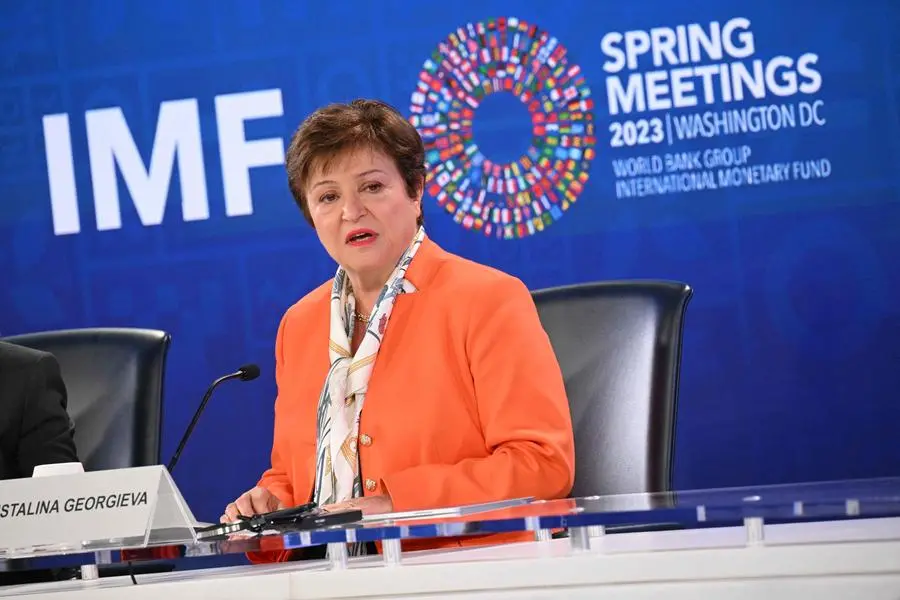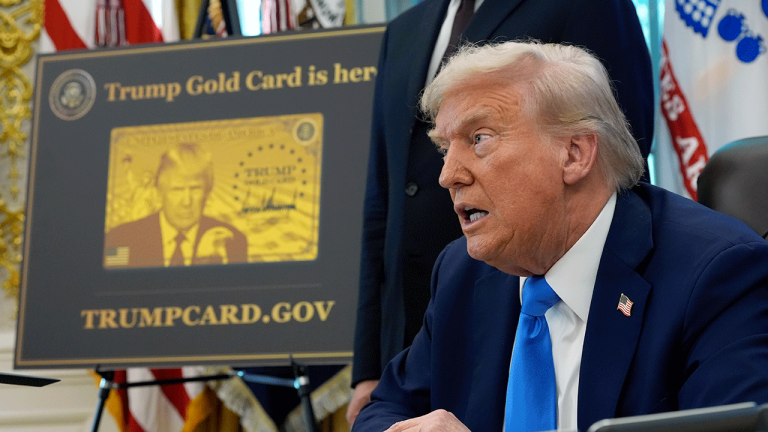
IMF chief Kristalina Georgieva spoke at a panel discussion in Davos, together with ECB President Christine Lagarde.
The eurozone should take a cue from the United States if it wants to compete more effectively for global investment, says International Monetary Fund (IMF) Managing Director Kristalina Georgieva.
“The United States has a culture of trust. Europe has a culture of modesty,” said Georgieva. “My advice to my fellow Europeans is to be more confident.”
Georgieva spoke at a panel discussion at the World Economic Forum’s annual meeting in Davos, Switzerland, together with leading figures such as ECB President Christine Lagarde.
“The world is changing very quickly and we are experiencing enormous technological change,” Georgieva continued.
“Capital needs to have long legs and go where it makes the biggest difference. And if countries want to move forward, they need to be very aggressive in opening up opportunities for entrepreneurship.”
EU needs to create a single market
One area for improvement in the EU, says the head, is progress in creating a single market that would make it easier to compete with the US. Currently, the eurozone’s fragmented capital pools make it harder for investors to raise finance compared to the US, which has a more streamlined system.
Country-specific laws hinder cross-border investment and force companies to rely on banks rather than private investors for credit.
Georgieva: “Pretty positive growth”
According to IMF chief Kristalina Georgieva, the world has made astonishing progress in the fight against inflation – without triggering a recession. High interest rates have also succeeded in suppressing price increases and still achieving “pretty positive growth” in the foreseeable future.
The IMF’s latest economic outlook forecasts global growth of 3.3% in 2025 and expects growth of 2.7% in the US and 1% in the eurozone.
ECW chief Christine Lagarde, who spoke alongside Georgieva, pointed out that the eurozone has a “large amount of talent” and a “large amount of savings”.
She struck an optimistic tone, reiterating the message that inflation and interest rates will now fall, boosting business and consumer confidence in the region. Trump’s presidency, she continued, could offer “great opportunities” for the eurozone.
Freezing IRA subsidies in the US could, above all, attract capital and talent to the other side of the Atlantic.
However, Lagarde added that she was “realistic” about the challenges facing the eurozone, particularly progress on a banking and capital markets union.
She added that policymakers needed to do more to cut red tape and excessive bureaucracy that were hampering the economy.


